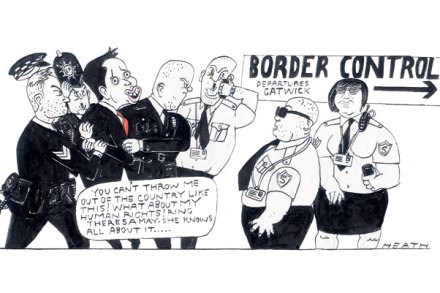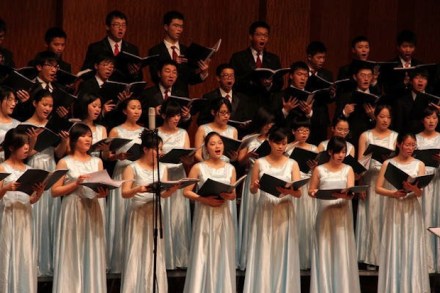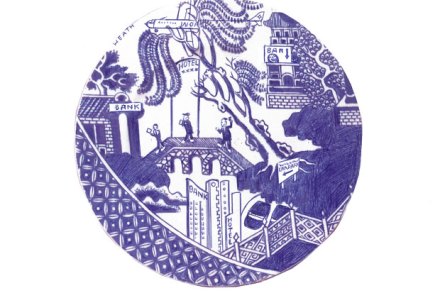The real mystery is how it got published
As a boy I spent quite a lot of my free time trying to fake up ancient-looking documents. This hopeless enterprise involved things like staining paper with tea or vinegar, together with plenty of burning, and creasing, and copying of random texts with a scratchy old inkwell pen. Typical silly small boy stuff. Reading this book on a collection of maps supposedly derived from Marco Polo suddenly brought it all back — especially the silliness. Now Marco Polo is a figure wreathed in some mystery. He was known from the 14th century as the first European to report in detail and from personal experience on that fabulous world called ‘Cathay’,




















